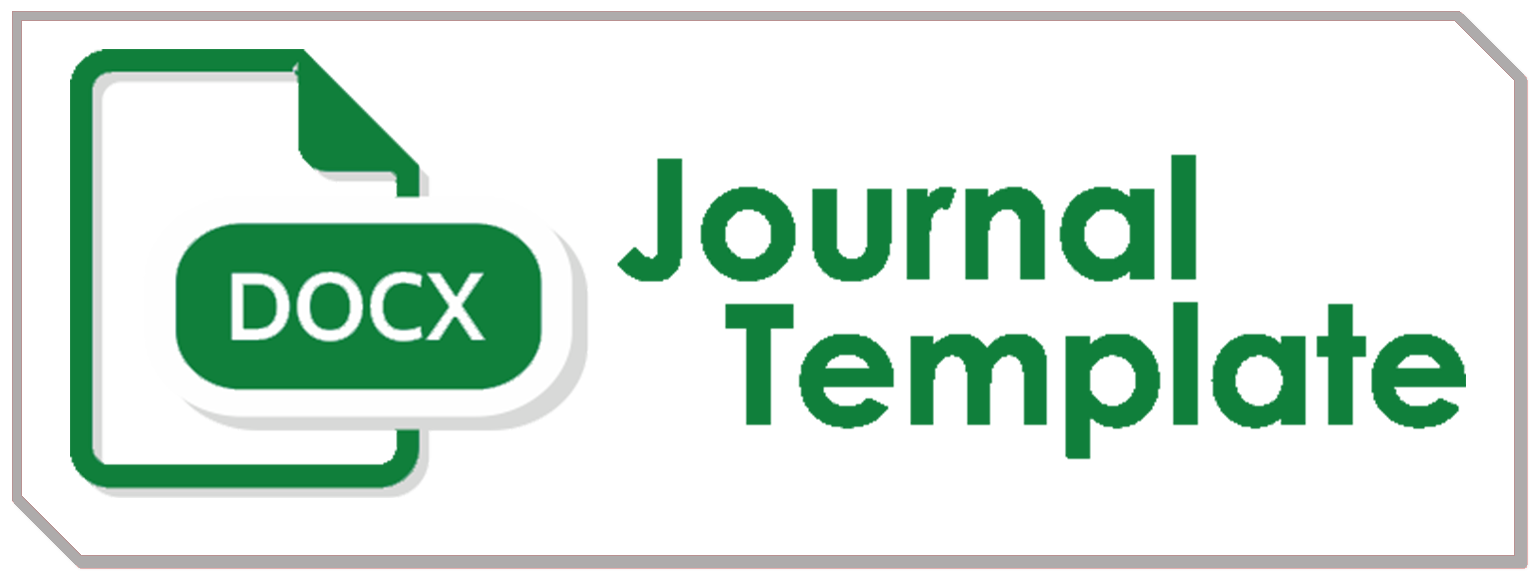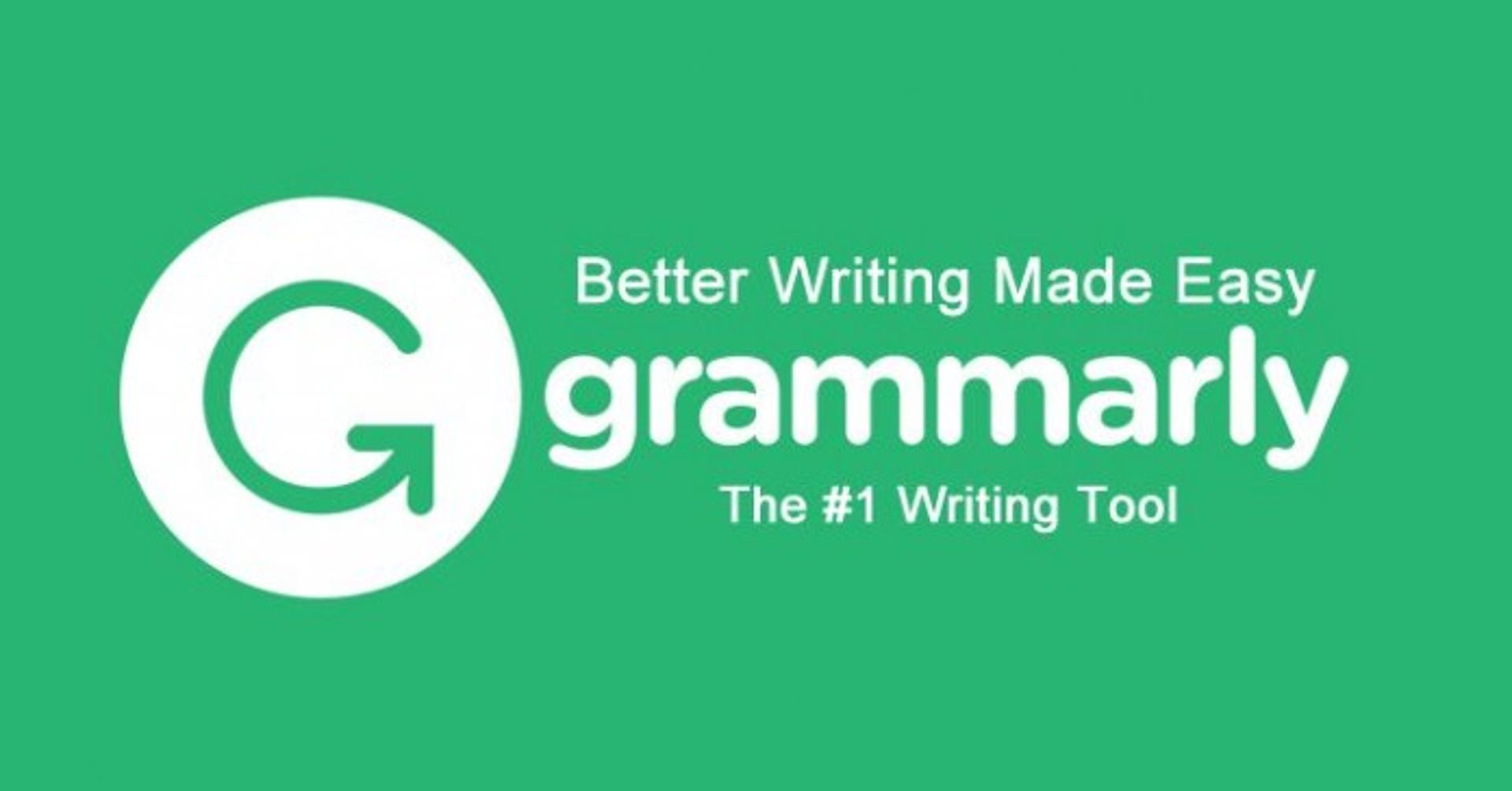Digital Waqf: transforming the Islamic economy in the Modern Era
Keywords:
Digital Waqf, Islamic Economy, BlockchainAbstract
Digital waqf is an innovation in Islamic philanthropy leveraging modern technology to optimize waqf fund management. This study aims to explore the opportunities and challenges of digital waqf and its contribution to wealth redistribution and Islamic economic development. The research employs a literature review method, analyzing various studies on digital waqf and supporting technologies like blockchain. The results indicate that digital waqf enhances efficiency, transparency, and public participation, particularly through digital platforms. However, challenges such as low digital literacy, limited infrastructure, and inadequate regulations hinder the optimization of its potential. This study recommends improving digital literacy, establishing comprehensive regulations, and fostering collaboration among governments, Islamic financial institutions, and fintech to build an inclusive and sustainable digital waqf ecosystem.
Downloads
References
Amaliyah, Nabilatul, Maslahah Maslahah, M. Rizal Leviansyah, Moch. Wahyu Pramuja, and Lilik Rahmawati. 2022. “Waqaf Uang Digital: Tranformasi Dan Implementasi Di Indonesia.” Al-Infaq: Jurnal Ekonomi Islam 13 (1): 26. https://doi.org/10.32507/ajei.v13i1.986.
Amiruddin, A., & Fauzi, R. (2023). Legal Challenges in the Implementation of Digital Waqf in Indonesia: A Sharia Perspective. Journal of Islamic Economics and Finance, 15(2), 134–150.
Alya Zhafirah Nasywa, and Setiawan Bin Lahuri. 2025. “Teknologi Blockchain Sebagai Upaya Akuntabilitas Wakaf.” SOSMANIORA: Jurnal Ilmu Sosial Dan Humaniora 4 (1): 99–110. https://doi.org/10.55123/sosmaniora.v4i1.4964.
Aziz, M. R. A., & Mohamad, A. (2022). Blockchain for Waqf Transparency: A Conceptual Framework. Journal
of Islamic Monetary Economics and Finance, 8(1), 33–48.
Badan Litbang Dan Diklat Kementerian Agama. 2019. “Al-QUR’AN.” Badan Litbang Dan Diklat Kementerian Agama, 282.
Bonang, Dahlia, Shafinar Ismail, and Raditya Sukmana. 2024. “Empowering the Future of Cash Waqf Through Digitalisation: An Insight Into the Philanthropic Intention of the Indonesian Muslim Community.” ISRA International Journal of Islamic Finance 16 (S1): 94–117. https://doi.org/10.55188/ijif.v16iS1.586
Fadli, M.Rijal. 2008. “Memahami Desain Metode Penelitian Kualitatif.” Medan, Restu Printing Indonesia, Hal.57 21 (1): 33–54. https://doi.org/10.21831/hum.v21i1.
Fanani, Ahmad, Ardhika Wahyu Kuncoro, Ahmad Bin Muhammad Husni, and Elina Adi Wijayanti. 2021. “The Contribution of Waqf on Poverty Alleviation through Digital Platforms: A Case of Indonesia.” Shirkah: Journal of Economics and Business 6 (2): 246–61. https://doi.org/10.22515/shirkah.v6i2.386.
Fitriani, D., & Taufiq, M. (2023). Strengthening Digital Waqf through Financial Technology: A Solution to Socio-Economic Inequality in Indonesia. Jurnal Ekonomi dan Keuangan Islam, 9(1), 55–72.
Fitriani, Rahma Elsa, and Muhammad Taufiq. 2023. “Analisis Pengaruh Wakaf Digital Terhadap Kesejahteraan Masyarakat Di Kabupaten Lima Puluh Kota.” Jurnal Ilmiah Mahasiswa Ekonomi Syariah (JIMESHA) 3 (1): 67–78. https://doi.org/10.36908/jimesha.v3i1.201.
Hansen, Seng. 2024. “Tinjauan Pustaka Sebagai Sebuah Metode Penelitian,” no. September.
Hasanah, U., & Ilyas, M. (2023). Digital Literacy of Nadzir in Enhancing Waqf Institution Performance in Indonesia. Indonesian Journal of Islamic Economics Research, 5(2), 120–132.
Ismail, N., & Ab Rahman, A. (2021). Smart Contracts and Their Application in Islamic Waqf Management. International Journal of Financial Engineering and Islamic Finance, 7(3), 101–115.
Maisyarah, Anisa, and Kuncoro Hadi. 2024. “Implementasi Model Pengelolaan Wakaf Berbasis Digital Dalam Meningkatkan Tujuan Pembangunan Berkelanjutan (Sdg’s).” Jurnal Ilmiah Ekonomi Islam 10 (1): 887. https://doi.org/10.29040/jiei.v10i1.12079.
Mustofa, A., & Sari, R. (2024). Kerangka Tata Kelola Wakaf Digital Berbasis Maqashid Syariah di Indonesia. Jurnal Ilmu Ekonomi Syariah (JIES), 16(1), 89–105.
Nugroho, S., Ramadhani, A., & Fikri, M. (2024). Shariah-Compliant Blockchain Governance Model for Digital Waqf. Journal of Islamic Governance and Innovation, 2(1), 45–61.
Nuradi, Nurul Huda, and Husnul Khatimah. 2024. “Inovasi Wakaf Di Era Digital Dalam Mengoptimalkan Potensi Untuk Pembangunan Berkelanjutan Di Negeri Berkembang.” El-Mal: Jurnal Kajian Ekonomi & Bisnis Islam 5 (6). https://doi.org/10.47467/elmal.v5i6.2773.
Nurhayati, M., & Prabowo, R. A. (2023). Digitalisasi Wakaf Uang sebagai Strategi Pemberdayaan Ekonomi Umat. Jurnal Ekonomi dan Keuangan Syariah, 7(1), 45–58.
Putri Kartini, Kharisma, and Safrina Muarrifah. 2023. “Transformation Of The Role Of Technology In The Collection And Distribution Of Social Funds.” Jurnal Multidisiplin Indonesia 2 (12): 3561–70. https://doi.org/10.58344/jmi.v2i12.826.
Rahman, A. (2022). Digital Transformation in Islamic Philanthropy: The Case of Waqf and Financial Technology. International Journal of Islamic and Middle Eastern Finance and Management, 15(4), 501–517.
Rahmawati, Husni Thamrin, Satriak Guntoro, and Sri Kurnialis. 2021. “Transformasi Digital Wakaf BWI Dalam Menghimpun Wakaf Di Era Digitalisasi.” Jurnal Tabarru’: Islamic Banking and Finance 4 (2): 532–40. https://doi.org/10.25299/jtb.2021.vol4(2).8375.
Rahmawati, S., & Syukri, M. (2023). Blockchain-Based Waqf: Opportunities and Limitations in Indonesia. Jurnal Ekonomi Islam Madani, 9(1), 88–104.
Rasyid, R., & Lestari, Y. (2022). Institutional Synergy in Building the Digital Waqf Ecosystem in Indonesia. Al-Tijarah: Jurnal Ekonomi dan Bisnis Islam, 7(2), 210–225.
Ridhwan, M., Ali, M., & Baharuddin, A. S. (2023). Exploring Digital Innovation in Waqf Management: A Comparative Study Between Malaysia and Indonesia. International Journal of Islamic Economics and Finance Studies, 9(2), 112–130.
Rohim, Ade Nur, Prima Dwi Priyatno, and Lili Puspita Sari. 2022. “Transformation of Waqf Management in The Digital Era: A Meta Synthesis Study.” AL-FALAH : Journal of Islamic Economics 7 (2): 209. https://doi.org/10.29240/alfalah.v7i2.5421.
Rozali, Yuli Asmi. 2022. “Penggunaan Analisis Konten Dan Analisis Tematik.” Penggunaan Analisis Konten Dan Analisis Tematik Forum Ilmiah 19:68. www.researchgate.net.
Sari, N., & Halim, F. (2022). Regulatory Challenges in the Development of Digital Waqf in Southeast Asia. Southeast Asian Journal of Islamic Economics, 6(1), 55–70.
Sunnah.com. n.d. “Sahih Al-Bukhari 2778 - Wills and Testaments (Wasaayaa) - كتاب الوصايا - Sunnah.Com - Sayings and Teachings of Prophet Muhammad (صلى الله عليه و سلم).” Accessed October 10, 2024. https://sunnah.com/bukhari:2778. Akuntansi, Vol. 8, No. 2.
Syaifullah, Hamli, and Ali Idrus. 2019. “Inovasi Pelayanan Wakaf Produktif Era Digital: Studi Kasus Di Yayasan Wakaf Bani Umar 2018.” ZISWAF : Jurnal Zakat Dan Wakaf 6 (2): 114. https://doi.org/10.21043/ziswaf.v6i2.6415.
Yunus, M., Putri, A. R., & Kurniawan, H. (2023). Legal Reform for Digital Waqf in Indonesia: Current Gaps and Future Directions. Journal of Shariah Law and Policy, 4(2), 76–94.
Zahrah, N., & Karim, M. R. A. (2021). Digital Waqf Crowdfunding: Potential and Challenges in the Muslim World. Journal of Islamic Accounting and Business Research, 12(3), 289–305.
Zulkarnaen, Diki, Murniati Mukhlisin, and Sigid Eko Pramono. 2021. “Can Blockchain Technology Improve Accountability and Transparency of Cash Waqf in Indonesia?” Journal of Economic Impact 3 (3): 158–66. https://doi.org/10.52223/jei3032105.
Downloads
Published
How to Cite
Issue
Section
License
Copyright (c) 2025 Nanda Ega Rupita, Dhiya Dwi Afifah

This work is licensed under a Creative Commons Attribution-ShareAlike 4.0 International License.










